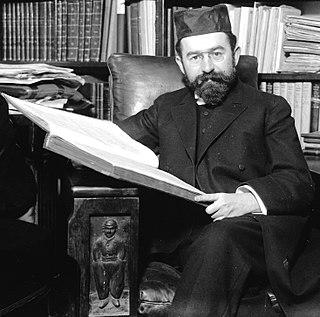A Quote by Criss Jami
A man does not have to feel less than human to realize his sin; oppositely, he has to realize that he gets no special vindication for his sin.
Related Quotes
Little sins carry with them but little temptations to sin, and then a man shews most viciousness and unkindness, when he sins on a little temptation. It is devilish to sin without a temptation; it is little less than devilish to sin on a little occasion. The less the temptation is to sin, the greater is that sin.
To free a man from suffering, he must be set right, put in health; and the health at the root of man's being, his rightness, is to be free from wrongness, that is, from sin. A man is right when there is no wrong in him. I do not mean set free from the sins he has done: that will follow; I mean the sins he is doing, or is capable of doing; the sins in his being which spoil his nature — the wrongness in him — the evil he consents to; the sin he is, which makes him do the sin he does.
It would seem that the ingratitude, whereby a subsequent sin causes the return of sins previously forgiven, is a special sin. For, the giving of thanks belongs to counter passion, which is a necessary condition of justice. But justice is a special virtue. Therefore this ingratitude is a special sin. Thanksgiving is a special virtue. But ingratitude is opposed to thanksgiving. Therefore ingratitude is a special sin.







































